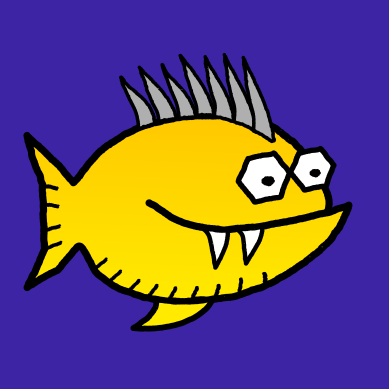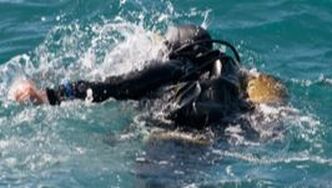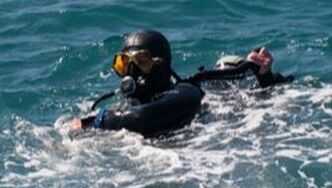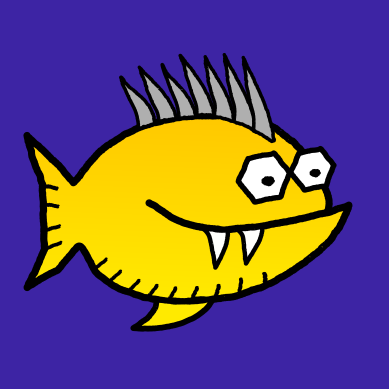Act before you have to react: Become a Rescue Diver
|
Once you feel comfortable and safe under water, it is time to start to think about others and prepare to handle difficult situations.
The Rescue Diver Course is designed to train your abilities to avoid problems, and to react appropriately if they appear. To be able to help others you should know how to help yourself first - that's why we start with a repetition of your self-rescue skills. Because we don't want to experience problems under water, a very important point is to realise what could go wrong before it is even a problem - we will go through all the possible equipment failures; a common cause for diving incidents, and train in how to recognise stress in other divers. You will find your ways to effectively assess the situation, and ensure everyone capable and ready for the dive you are planning to do - or adapt the plan accordingly. But even with the best preparation, there might be a problem under water. You will learn how to recognise and solve it - in most of the cases, it is just a little bit of assistance that can save the dive. And for the unlikely case something goes seriously wrong, you'll be trained how to rescue an unconscious diver in the worst case scenario. Even if the Rescue Diver is the most serious of your PADI or SSI courses, it is the one with the loudest laughs. Why? Try it, and you'll find out... |
React Right: Erste Hilfe
|
Because it does not make much sense to rescue a diver without the ability to help him once on land, you need to have a First Aid qualification.
Whether you decide to do one before your holiday, or do it with us - we accept all recognised training organisations. The big plus of a course with us is we can include lots of special knowledge about in-water accidents, that you will rarely find on a standard training...and it is a lot of fun. For the best introduction ever, just watch this. |
|
Dive Guide - accept the responsability
As an experienced diver, you might find yourself in the position to be a reference for beginners, to lead dives and take responsabilities. If you like to do that, you should get some special training for it.
In the Dive Guide course, you will learn how to lead a dive including the briefing, group control, problem solving and a nice debriefing. You will learn a lot about how to make beginners comfortable, and train how to demonstrate important skills, so you can even act as an assistant for an instructor. You should be a confident diver wirh excellent navigation skills and exoerience in deep and night dining when you start, or calculate a bit of time to get this experience.
The Dive Guide course can be used as a specialty, just for being a better recreational diver, or can open you the way into a career in diving.
In the Dive Guide course, you will learn how to lead a dive including the briefing, group control, problem solving and a nice debriefing. You will learn a lot about how to make beginners comfortable, and train how to demonstrate important skills, so you can even act as an assistant for an instructor. You should be a confident diver wirh excellent navigation skills and exoerience in deep and night dining when you start, or calculate a bit of time to get this experience.
The Dive Guide course can be used as a specialty, just for being a better recreational diver, or can open you the way into a career in diving.
SSI Stress & RescueMinimum age: 10 years
Prerequisites: OWD, First Aid Certificate Duration: minimum 3 days (better more), 5 divesPrice: |
SSI Stress & Rescue 319 € React Right 99 € learning materials and certification included |
SSI Dive Guide
|
Minimum age: 15 years
Prerequisites: Stress & Rescue, First Aid, minimum 40 dives, experience in navigation, deep and night diving Duration: minimum 12 dives, minimum 8 days |
SSI Dive Guide 690 €
SSI Digital Kit included |



